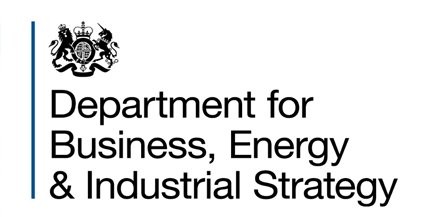The Private Rented Property minimum standard
Department of Energy & Climate Change
February 24, 2018Commercial EPC
February 24, 2018The Energy Efficiency (Private Rented Property)(England and Wales) Regulations 2015 establish a minimum level of energy efficiency for privately rented property in England and Wales. This means that, from April 2018, landlords of privately rented domestic and non-domestic property in England or Wales must ensure that their properties reach at least an Energy Performance Certificate (EPC) rating of E before granting a new tenancy to new or existing tenants. These requirements will then apply to all private rented properties in England and Wales – even where there has been no change in tenancy arrangements – from 1 April 2020 for domestic properties, and from 1 April 2023 for non-domestic properties.
Original version of the Regulations
The Regulations were subsequently amended in June 2016 to postpone the dates on which the Private Rented Sector Exemptions Register will open to domestic and non-domestic landlords.
The domestic property regulations will be enforced by Local Authorities. The non-domestic property regulations will be enforced by Local Weights and Measures Authorities.
These guidance documents are aimed at landlords, Local Authorities, Local Weights and Measures Authorities and others with an interest in the private rental sector, such as letting agents and other property management service providers. The documents provide guidance and advice on:
- Scope of the regulations: the steps a landlord should take to determine whether their property is covered by the regulations, and the steps they should take to ensure their property complies with the minimum level of energy efficiency;
- Relevant improvements: how a landlord can identify appropriate energy efficiency improvements for their property;
- No-upfront Cost Funding (domestic only): how a landlord can investigate availability of no-cost funding to cover the cost of improving a domestic property;
- Cost effectiveness (non-domestic only): how a landlord can determine whether particular improvements would be cost effective to install in a non-domestic property;
- Exemptions and exclusions: the exemptions framework and the steps a landlord should take to register a valid exemption;
- Enforcement: the enforcement framework and the options open to enforcement authorities when policing compliance with the minimum standards, including information on fines and other penalty options;
- The appeals framework: landlord appeals will be heard by the First-tier Tribunal, part of the court system administered by Her Majesty’s Courts and Tribunals Service; the guidance discusses the steps a landlord will need to take to lodge an appeal, and how that process will be managed.



